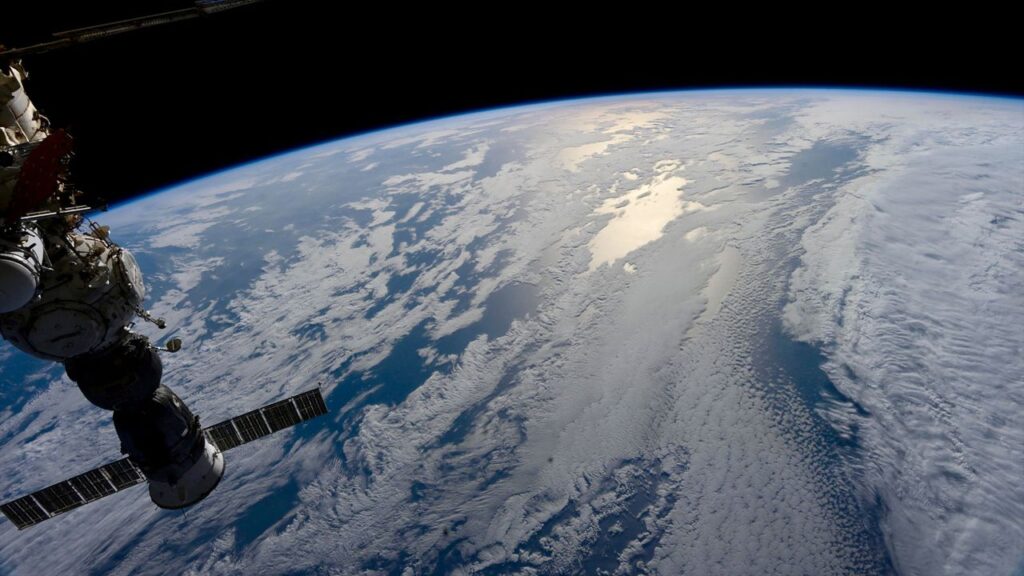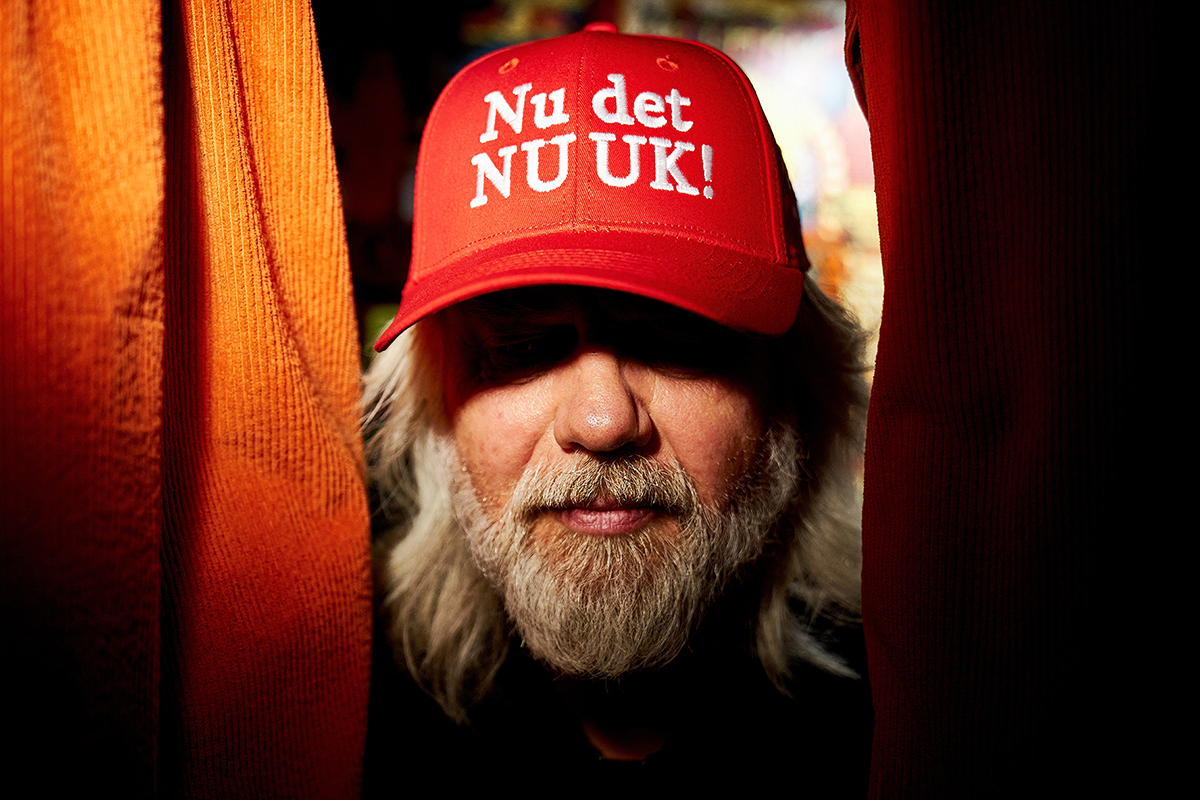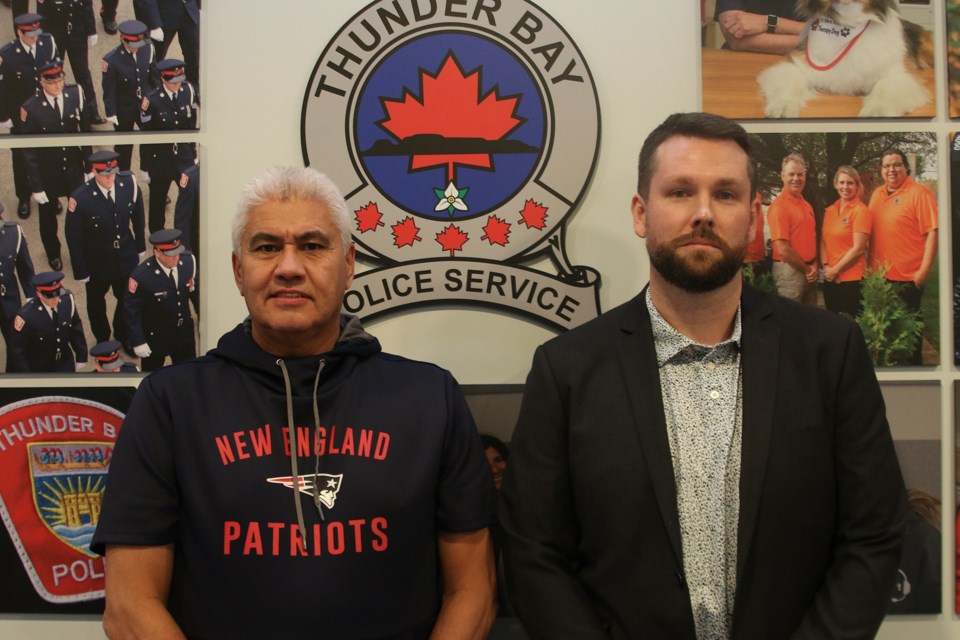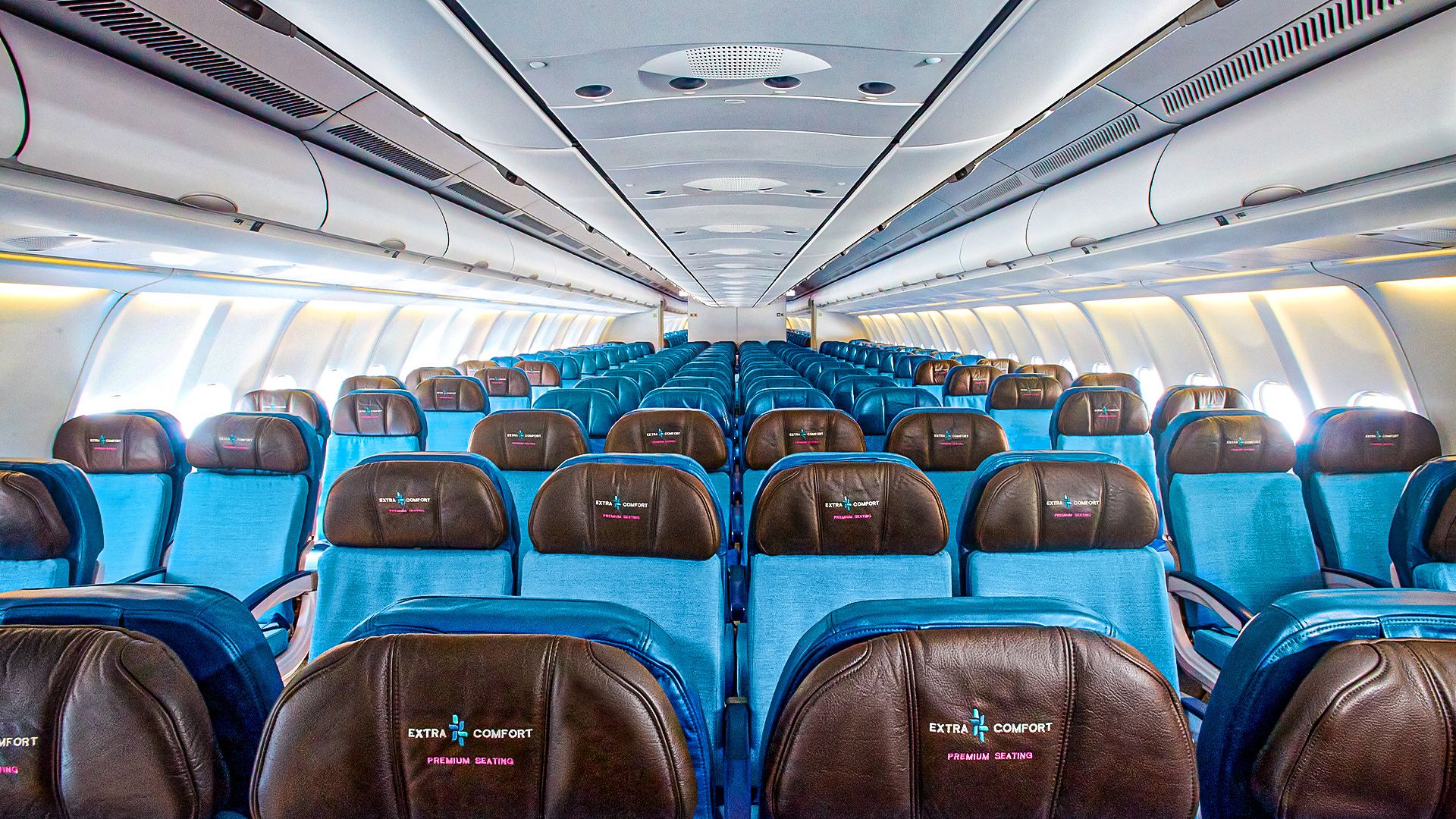
A team of seven astronauts and cosmonauts aboard the International Space Station (ISS) is engaged in critical scientific research and operational tasks following a recent resupply mission. Between August 25 and 29, 2025, the crew of Expedition 73 focused on utilizing new supplies and conducting urgent experiments that arrived with the cargo, while also preparing for an altitude re-boost of the orbital complex.
Leveraging Gaming Skills for Space Exploration
Among the crew, Jonny Kim, a former Navy SEAL and medical doctor, has combined his extensive background with his passion for gaming. In a recent social media post, he shared how his childhood gaming experiences have translated into practical applications in space. “Growing up, I played a lot of video games — and while I still enjoy gaming with my kids, time is scarcer these days,” Kim noted.
During his work with the Surface Avatar team at the European Space Agency (ESA), Kim tested advanced teleoperation techniques that could be vital for future lunar and Martian missions. He described using a joystick and a sophisticated robotic arm controller to replicate finger and wrist movements accurately. “I could enlarge a mini-map to see each robot’s perspective, like a ‘fog of war’ in strategy games,” he explained, highlighting the innovative overlap between gaming and real-world applications in scientific research.
Kim’s interactions with the demo included operating a rover designed to deploy smaller units into tight spaces, which he found to have significant scientific potential. “It was not just a technology demonstration, but a glimpse into how play, imagination, and innovation intersect to shape the future of exploration,” he stated.
Scientific Research Advances
The ISS crew has been busy with various research projects, including the MVP Cell-07 experiment. Upon its arrival via a SpaceX Dragon spacecraft on August 25, NASA flight engineer Zena Cardman quickly began setting up the experiment to study the behavior of blood vessels in 3D-printed liver tissue under microgravity conditions. This research could provide insights critical to advancements in medical science.
In another experiment, Kimiya Yui from the Japan Aerospace Exploration Agency (JAXA) and Mike Fincke of NASA collaborated to explore countermeasures against the redistribution of bodily fluids in microgravity. Fincke wore a specially designed thigh cuff while Yui monitored the data collected from electrodes placed on Fincke’s chest, contributing to understanding the physiological effects of long-duration space travel.
The crew also worked on maintaining the ISS’s systems and unpacking supplies from the recent cargo mission. NASA’s Jonny Kim took part in unloading over 5,000 pounds (approximately 2,300 kilograms) of supplies, while Fincke and Yui focused on transferring frozen science samples into the station’s freezers.
Additionally, NASA engineers remotely operated the ISS’s Canadarm2 robotic arm to inspect a reboost kit launched in the unpressurized trunk of the SpaceX CRS-33 Dragon. This hardware is essential for maintaining and adjusting the station’s orbital altitude.
As of August 29, 2025, the ISS is home to seven crew members, including Expedition 73 commander Sergey Ryzhikov of Roscosmos, alongside cosmonauts Alexey Zubritsky and Oleg Platonov, as well as NASA’s Kim, Cardman, and Fincke, and JAXA’s Yui. The team continues to engage in groundbreaking research as the ISS has been continuously crewed for over 24 years, contributing significantly to our understanding of life in space.







